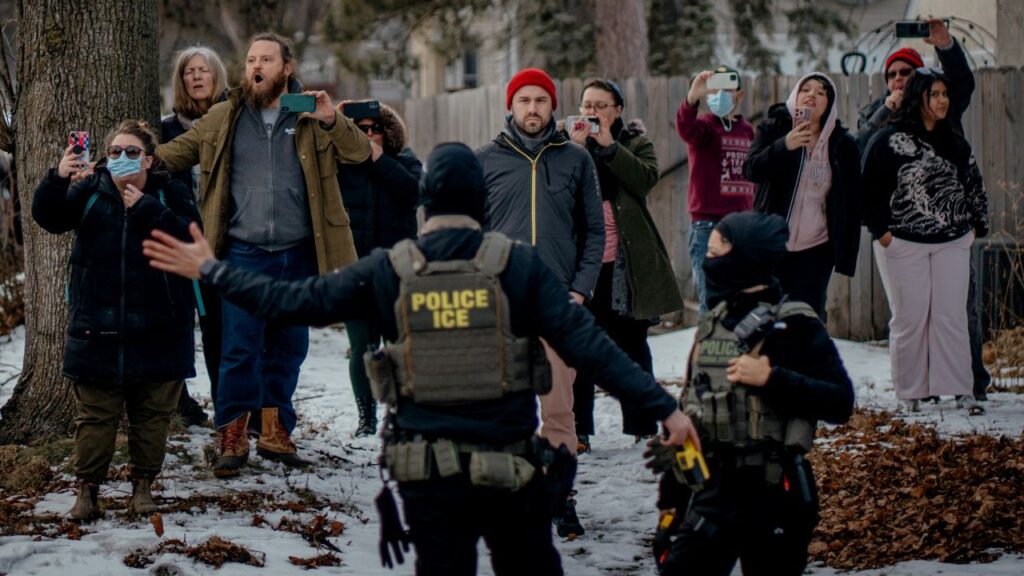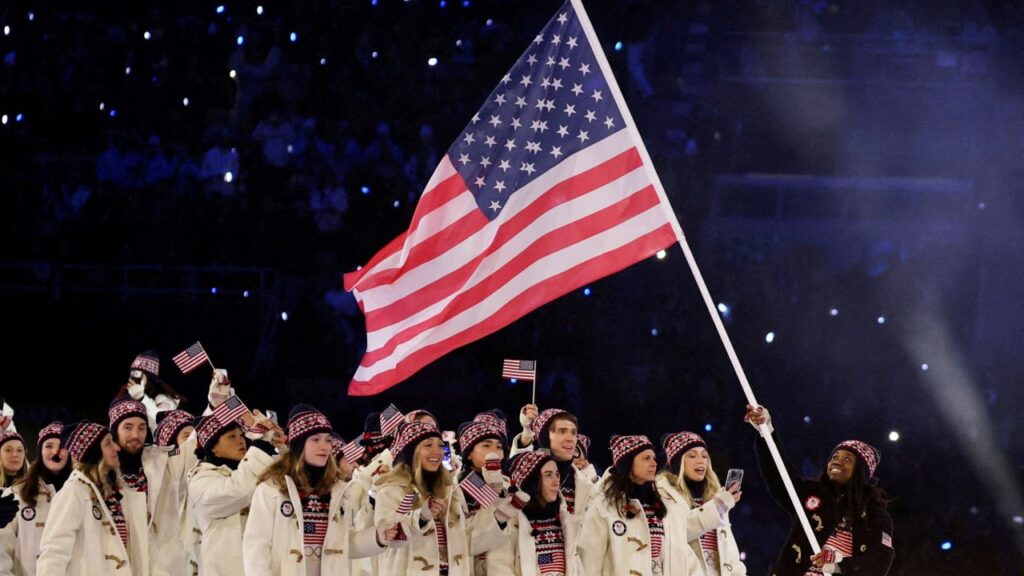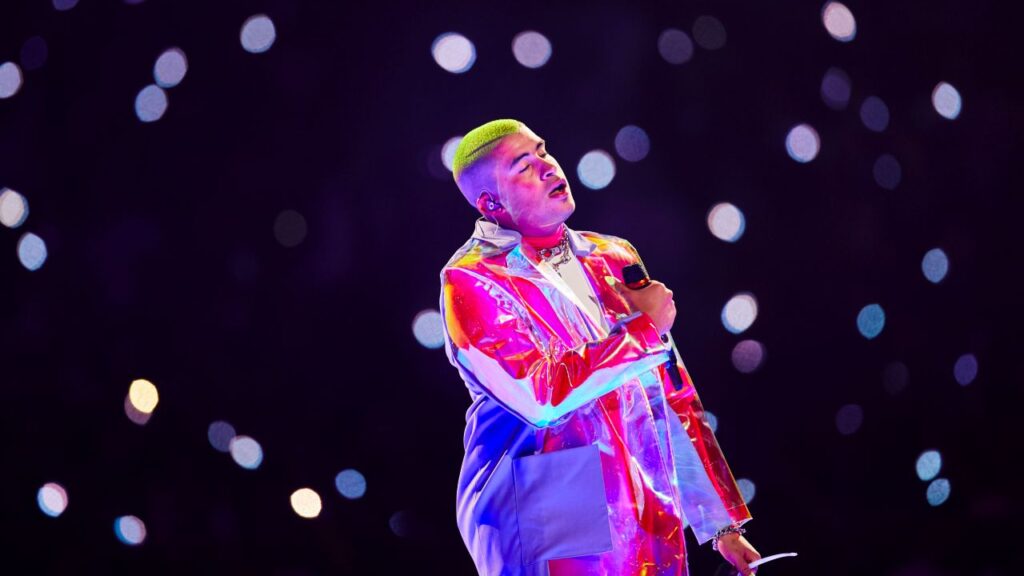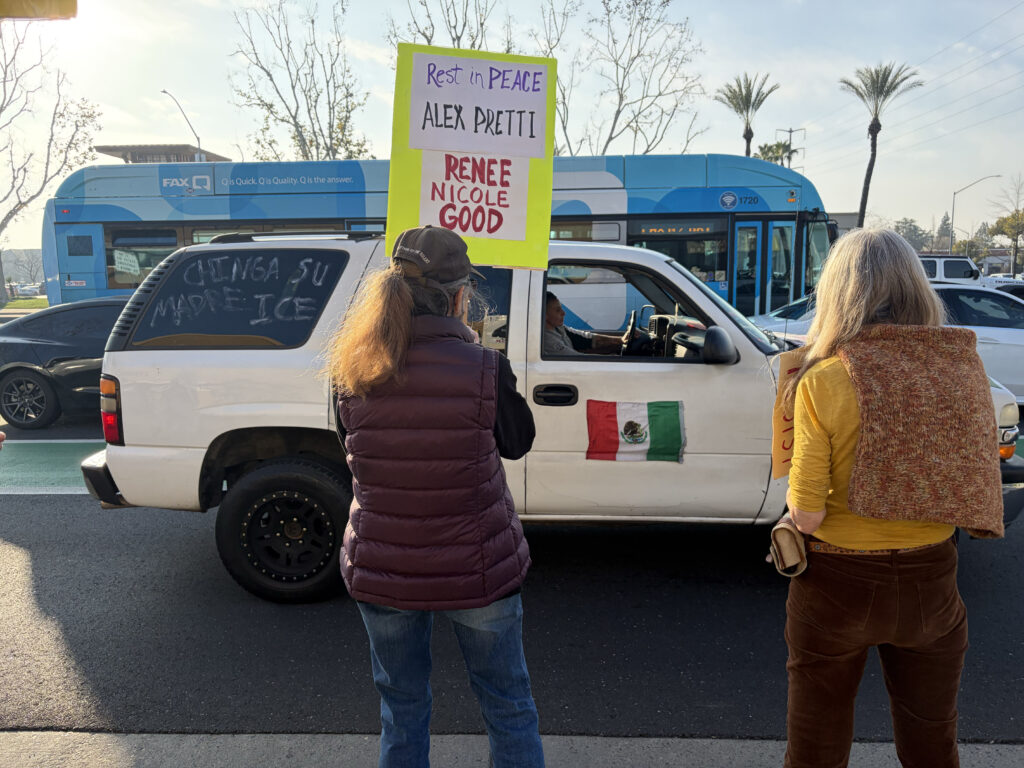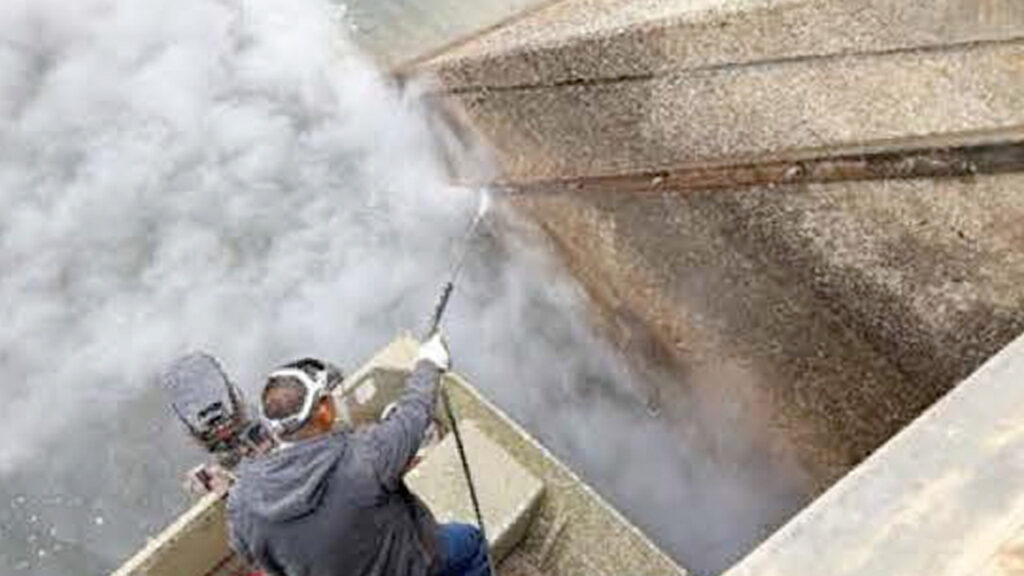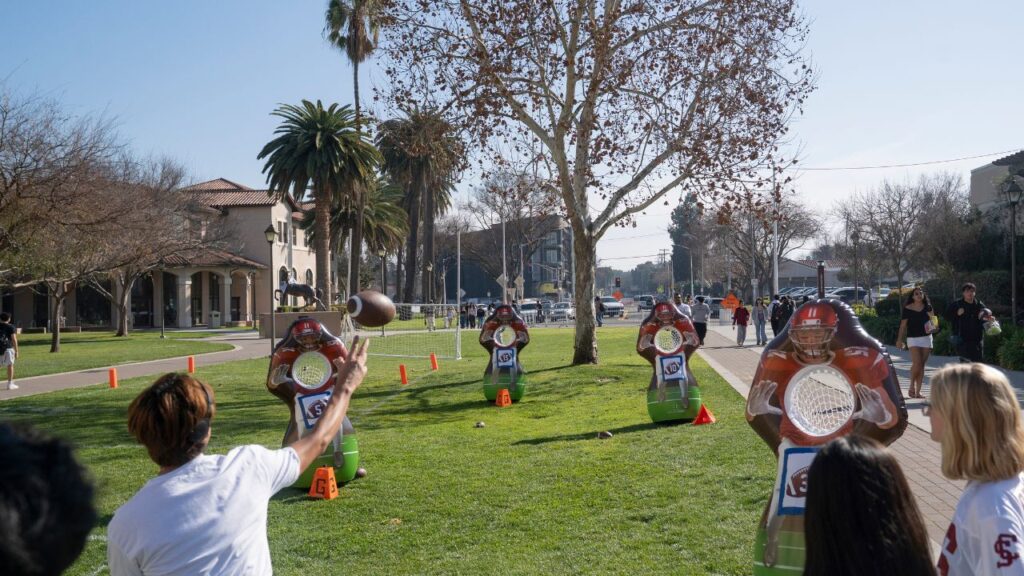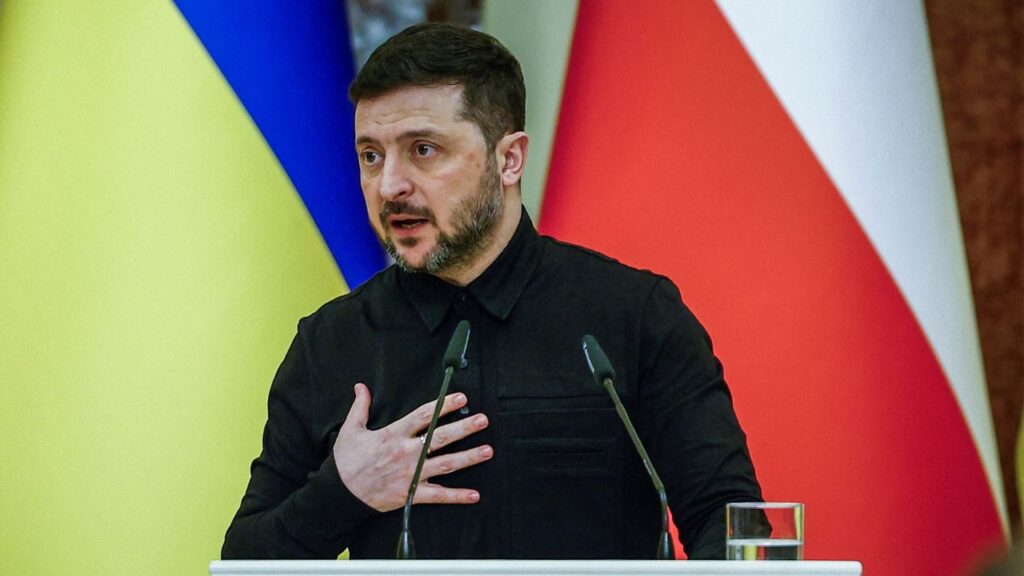Share
MOSCOW — The Russian president on Thursday praised a coronavirus vaccine that Russia approved for use earlier this month as effective and safe, a clear bid to address international skepticism about the shots that have only been studied for two months in a few dozen people.
In an interview with the state Rossia 24 TV channel released Thursday, President Vladimir Putin insisted that the world’s first vaccine against coronavirus to receive a government go-ahead was approved “in strict accordance with Russian laws” that are in line with “international practice and regulations.”
The claim comes after scientists around the world sounded the alarm about the fast-tracked approval and Russia’s failure to share any data supporting claims of the vaccine’s efficacy, saying it was a major breach of scientific protocol.
“It is completely obvious for our specialists today that this vaccine forms lasting immunity … and it is safe,” Putin said.
He said one of his daughters has already been vaccinated, developed antibodies and is feeling well, but Russian authorities offered no scientific evidence to prove these claims.
International experts say any widely-used vaccine should first be tested in advanced trials involving tens of thousands of people to prove it is safe and effective before being licensed. Scientists at the World Health Organization said that although they have begun discussions with Russia about its vaccine, they had not yet received any detailed data about it.
Russian Authorities Have Repeatedly Promised That Advanced Trials of the Vaccine Will Continue
Experts warn that using an untested vaccine that has not yet proven to be safe or effective could ultimately undermine the response to the pandemic and cause more distrust among people about whether or not to be vaccinated.
The Russian vaccine named Sputnik-V — a reference to the Soviet Union’s launch of the world’s first satellite in 1957 — has so far been tested on two groups of 38 volunteers each, according to Russia’s Health Ministry.
Russian authorities have repeatedly promised that advanced trials of the vaccine will continue after it’s approved and will involve 1,600 volunteers. But following a wave of international criticism, Russian health officials have issued permission to start advanced trials with 40,000 volunteers.
Moscow Mayor Sergei Sobyanin on Wednesday invited residents of the Russian capital to sign up for the study, calling it “a unique chance to become the main participants in clinical research that will help defeat the coronavirus.”
It remains unclear whether the vaccination of risk groups such as doctors and teachers, which was announced earlier, will be part of the trials or carried out in parallel.
Earlier this year Deputy Prime Minister Tatyana Golikova promised to start “industrial production” of the vaccine in September and Health Minister Mikhail Murashko said mass vaccinations may begin in October.
The vaccine developed by the Gamaleya Institute in Moscow with assistance from Russia’s Defense Ministry uses a different virus — the common cold-causing adenovirus — that’s been modified to carry genes for the “spike” protein that coats the coronavirus, as a way to prime the body to recognize if a real COVID-19 infection comes along.
Putin Has Repeatedly Praised Russia’s Effective Response To the Outbreak
That’s a similar technology to vaccines being developed by China’s CanSino Biologics and Britain’s Oxford University and AstraZeneca — but unlike those companies, Russian scientists haven’t published any scientific information about how the vaccine has performed in animal tests or in early-stage human studies.
Becoming the first country in the world to approve a vaccine is a matter of national prestige for the Kremlin as it tries to assert the image of Russia as a global power.
Putin has repeatedly praised Russia’s effective response to the outbreak in televised addresses, while some of Moscow’s top officials — including the country’s prime minister and Putin’s own spokesperson — became some of the country’s over 970,000 confirmed cases.
Last month, the U.S., Britain and Canada accused Russia of using hackers to steal vaccine research from Western labs. Russia has denied involvement.
Several vaccines, including those developed by Oxford and the U.S. National Institutes of Health, are in advanced testing and hope to have results later this year.
Several Russian research institutions are working on other virus vaccines as well, and Putin said Thursday that one more vaccine may be “ready” in September.
Russia has reported over 16,750 coronavirus-related deaths, but experts say the true toll of the pandemic is much higher than all reported figures, due to limited testing, missed mild cases and concealment of cases by some governments, among other factors.
RELATED TOPICS:
Categories
